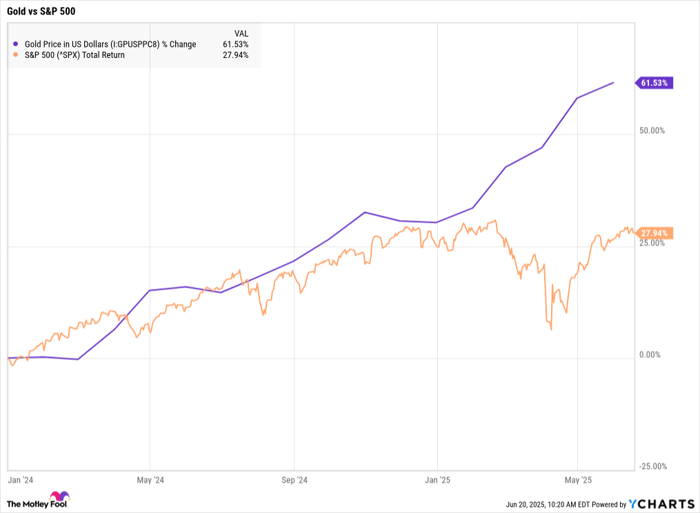BP plc (NYSE: BP) is currently trading at approximately $32 per share, reflecting a year-to-date gain of around 7%, which outpaces the S&P 500’s 2% increase. The company reported a Q1 underlying replacement cost profit of $1.38 billion, significantly below analyst expectations of $1.6 billion and down from $2.7 billion year-over-year. BP’s overall production is forecasted to decline due to asset divestments and pressures from soft gas marketing, with expectations for oil and gas output to increase to 2.5 million barrels of oil equivalent per day by 2030.
Looking ahead, BP has adjusted its strategy to focus more on fossil fuels, reducing planned renewable investments from $5 billion annually to $1.5–$2 billion while increasing oil and gas capital expenditures to $10 billion per year. The company’s valuation appears attractive, with a price-to-sales ratio of just 0.4x—20% to 30% below its five-year average—reflecting investor caution over its shifting strategy and mixed earnings.
Despite remaining focused on hydrogen and carbon capture projects, BP has seen executive changes signal a return to traditional energy priorities amid a significant debt of $60 billion. Overall, while BP’s strategic reset may not appeal to ESG-focused investors, its discounted valuation may attract those seeking value amid industry volatility.





